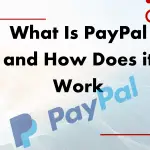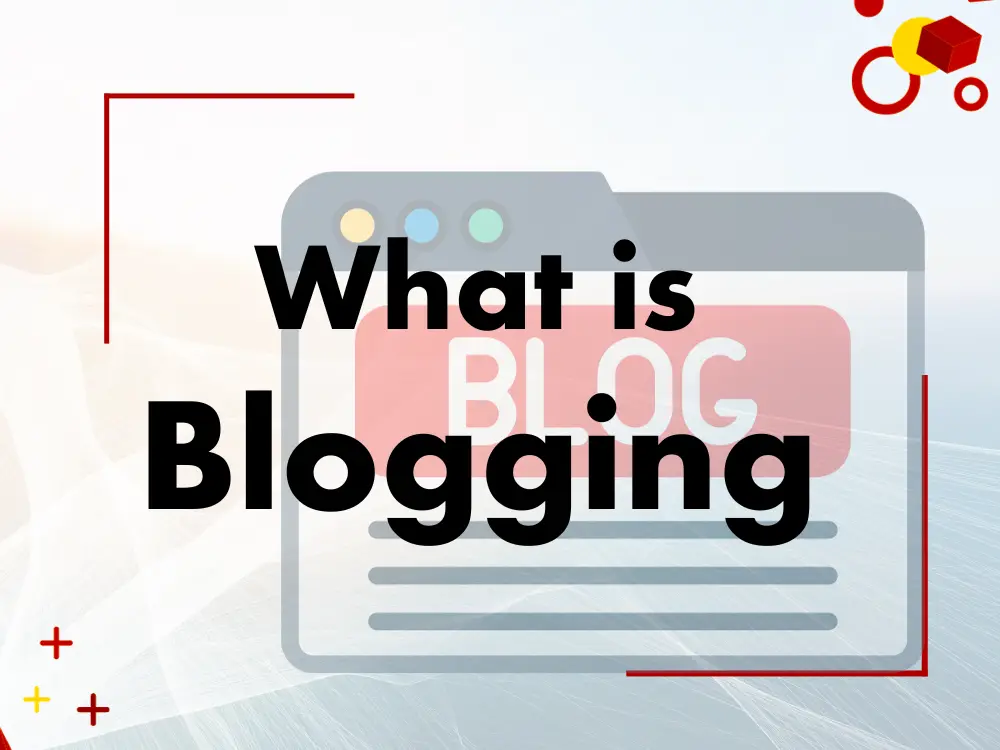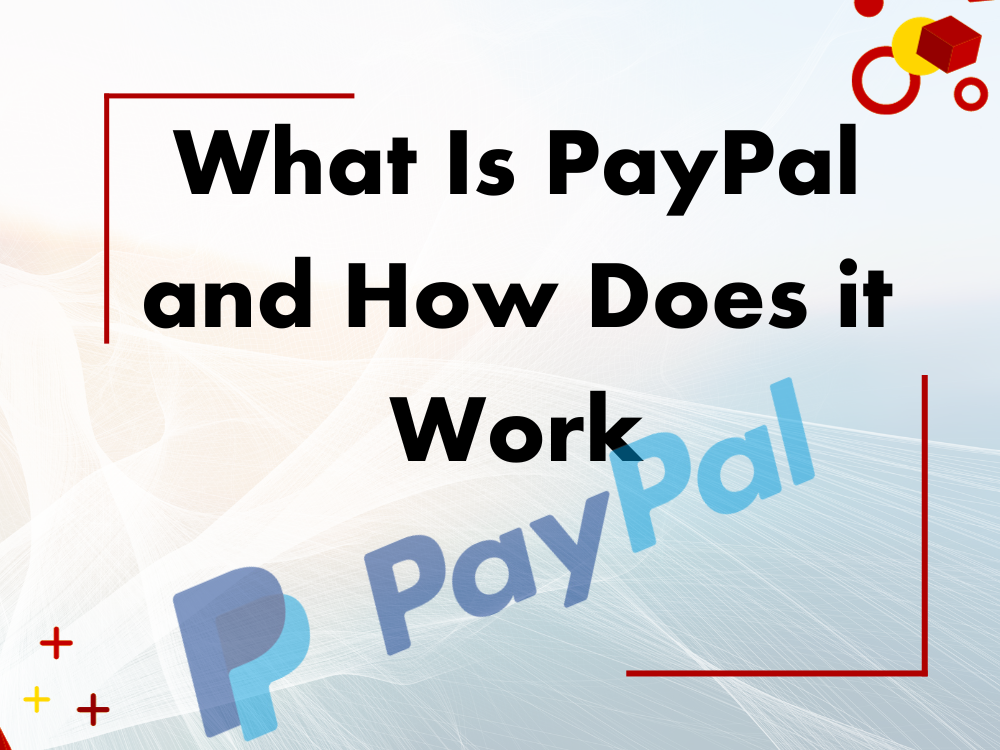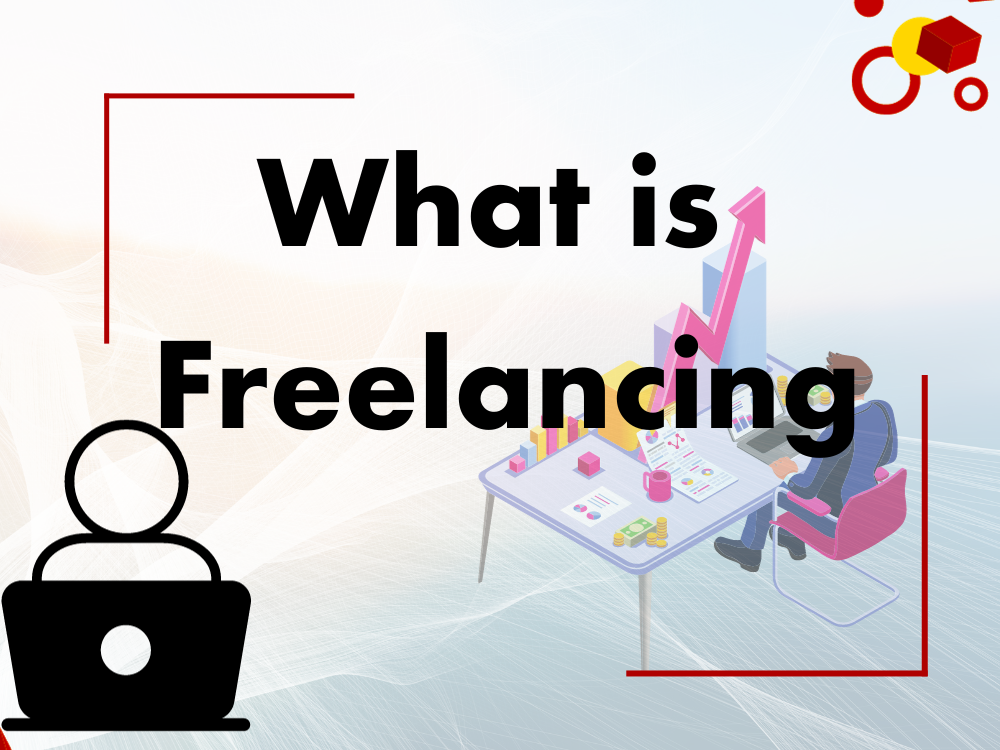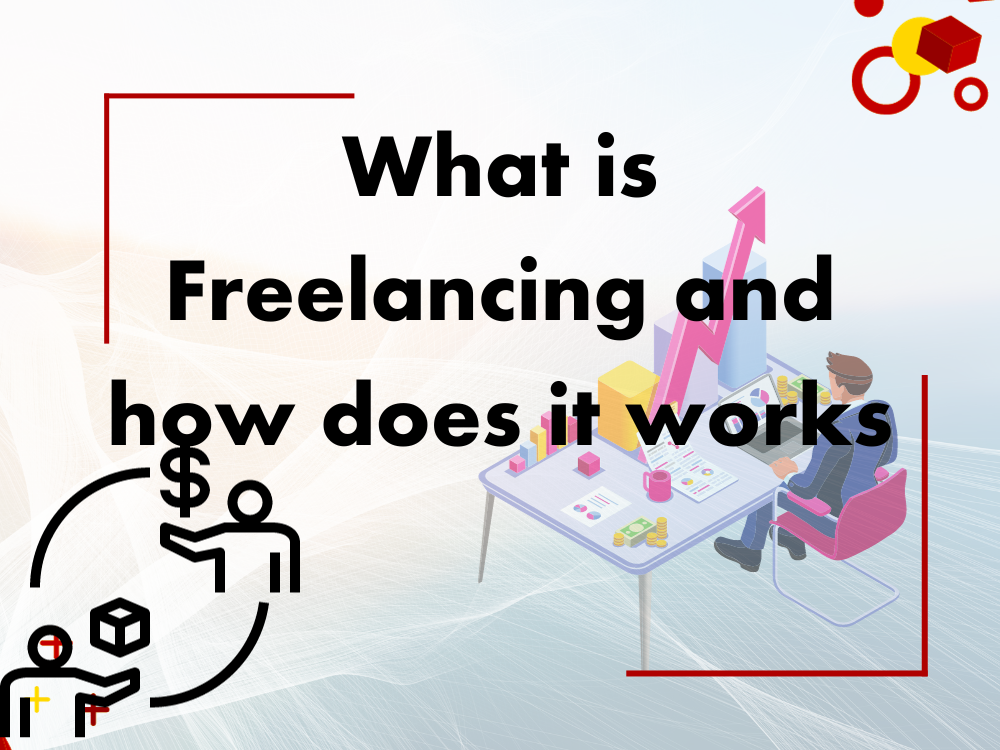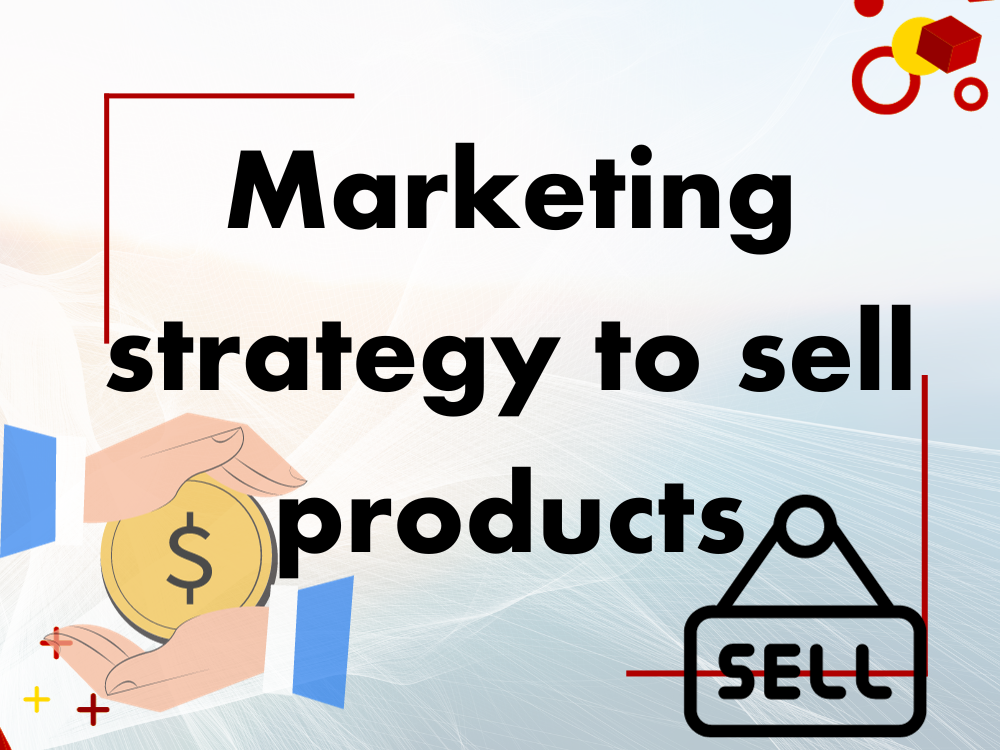Blogging is one of the most effective ways of making money online by writing about a particular niche, or different topics.

What is event blogging?
Event blogging is the best way to get a massive amount of traffic in the short term.
This is not long term as it targets only a particular event, say a festival such as New Year, Eid, and Diwali, etc. If you rank well you can get terms of traffic and get paid using Google AdSense.
ü Find a Niche For Your Blogging.
As a blogger finding a niche for your new blog is the most essential part, however, it is a time-consuming task | do research to find your niche which is competitive so far and not high in demand so the below can rank quickly and make money.
The niche for the blog should not be too broad however to not be too narrow. It needs to address these two things;
– Volume
– Difficulty
A niche should be based on moderate volume and low difficult keywords to rank better on different search engines.
How To Discover the Right Keywords, and Trending Content For Your Blog?
A standard blog instructs the right keywords in it. A blog must be written by keeping search engines, and mind readers.
Readers want a story that is built up nicely to be insisted to read on, search engines look for keywords that people populate in search results and raise sites.
In return, they have those keywords in them.
Blogging is all about writing effectively with keywords that are search engine friendly and most importantly searched by people. Also for a successful blog, it is extremely important not to reinvent the wheel. A blogger needs to look for trending content across different websites, and social media. Find the right keywords for the topic and present that story in their way.
Ø Effective Writing
To become better at writing the only key is stability.
The more you write for your blog, the better, you will get with time. It takes time, the success does not happen overnight. For me, experiment and steadiness is the key.
Initially, you will make some mistakes. Keep your audience in mind, and see which specific posts get more attention and views.

Ø Creative Heading To Grab The Reader’s Attention
To do creative writing, the creative heading is the main part to Grab the reader’s attention. That is 50% of the reader’s attention grabbed if the heading is effective engaging and exciting.
It all starts with headlines. Remember clickbait does not work anymore.
ü Keep it unique
ü Keep it specific
ü Keep it useful by addressing a problem (e.g. how to).
Ø Try To Be Informative Than Conversational
Effective writing means keeping a balance between being conversational and being informative.
Don’t write with too many hard words using Microsoft Word Thesaurus (does not work).
Keep it simple
Keep it gentle.
Stay focused, and do not go into vogue.

þ Three Things You Need To Learn as a Writer
To do effective writing a blogger needs to focus on the following three attributes
(a) In your blog post, use the active voice (avoid passive).
(b) Try using contractions (e.g. don’t won’t)
(c) It is experienced that blog posts have gone viral and are SEO friendly and use short sentences (short paragraphs and pictures).
þ Use Of How To Guide and Tutorials
If you want the readers to continue reading your blog posts and share them on social media, you need to pay special attention to teaching them with lessons tutorials, and guidelines.
Here is how you can write regularly about how to give a guide to your readers for better audience engagement on your blogs.
Ø Approach to Blog Q&A Content | One way of effective writing is to write questions and answers related to a particular micro-niche.
How Blogging Works?
Blogging is as simple as obtaining a website and publishing original content on it.
Tech-savvy bloggers can buy a domain name and build the website themselves. Those with less HTML knowledge can create an account with sites like WordPress that simplify the web design and publishing process.
Blogs are usually simple websites. Older pieces may be archived in separate sections of the site, and there may be a separate page with contact info or a bio, but the blog itself is usually just a single page that can be scrolled through—similar to the news feed on social media sites like Facebook. As with a Facebook news feed, a blog displays the newest content at the top of the page.
- Pros and Cons of Blogging
Pros
· Good for SEO
· Maintains communication with customers
· Builds rapport with customers
· Generate alternate income
Cons
· Time-consuming
· Constantly requires fresh ideas
· Payoff is delayed
· Blogging in and of itself won’t generate income

Pros Explained
· Good for SEO | Search engines love new content, and as a result, blogging is a great search engine optimization (SEO) tool.
A defining feature of blogs is the frequency with which they’re updated, and that fresh content helps improve a website’s SEO performance.
· Maintains communication with customers | Blog posts can keep your customers and clients up-to-date on what’s going on, let them know about new deals, and provide tips.
The more frequently you post useful content, the more often a customer visits your blog, and the more likely they are to spend money.
· Builds rapport with customers | Not only does a blog allow you to show off what you know—building your expertise and credibility—but people can also post comments and interact with you.
That allows customers to get to know you, and hopefully, develop relationships that turn into purchases.
· Generate alternate income | Successful blogs can make money themselves.
Along with your product or service, blogs can generate income from alternate sources such as advertising and affiliate products.
Cons Explained
· Time-consuming | The success of blogging comes from having people return, and they only return when there’s new stuff to read.
That means bloggers need to generate content at least several times a week to be effective at engaging readers and increasing SEO.
· Constantly requires fresh ideas | Posting several times per week won’t be beneficial if the ideas aren’t fresh and engaging.
· Payoff is delayed | One of the biggest frustrations with blogging is that it’s time-consuming with little payoff in the beginning. It takes time to build up a readership and momentum.
· Blogging in and of itself won’t generate income | At one time, posting an article was enough to generate traffic and income. Today, a successful blog needs email marketing, additional perks such as content upgrades, and an engaged social network, such as a Facebook group.
ª Requirements for a Blog
The good news is that starting a blog or adding a blog to your existing site is relativity easy and affordable. All you have to do is follow these four steps.
Set Up the Blog
There are free blog options such as WordPress and Blogger, but to retain control and a professional image, consider investing in a domain name and a hosting service.
You can install WordPress or another content management system on your host if you don’t want to create the whole site from scratch.
Add Content
Once your blog is up and running, you need to keep it active with new content to grow your business.
Develop a set schedule for writing and posting blog articles. Create a content calendar so you always know what you’re going to post.
Market
Like all other business ideas, your success comes from marketing and getting your message in front of your target market.
Great ways to reach your market are through social media apps, email lists, and by reaching out to other bloggers, podcasters, and media outlets for publicity.
Repurpose your blog content to promote your business across platforms, such as by using quotes on your Twitter or Instagram profiles, or by creating a video of your article to share on YouTube.
Add Income Streams
While your blog can complement an existing business, it’s also a great way to add additional income streams to your home business.
You can promote other companies’ products and services in affiliate marketing. You can advertise or feed ad networks, such as AdSense, onto your blog. If you have a service business you’re promoting with your blog, you can create your information products to complement it. Or, if you have your product, you can offer a service.
Key Takeaways
· Blogging is a shortened version of “weblog,” which began as a diary-like outlet for early internet users.
· Modern blogging is an expansive medium that incorporates written words, photography, videos, and all kinds of subject matters.
· Businesses can use blogs to drive customers to their website, increase SEO performance, or generate alternate streams of income.
· Blogs are different than traditional websites because they’re frequently updated, and they make it easier for the audience to engage with each other and the content creator

